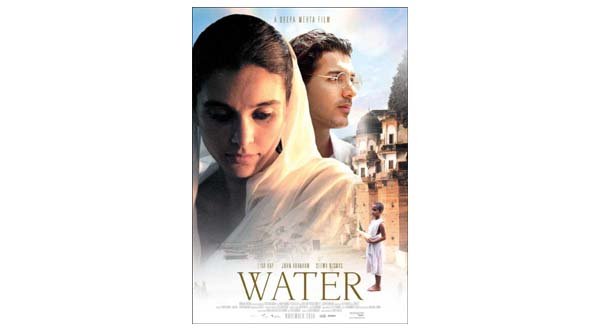New Delhi, July 28 (UNI) The Supreme Court today declined to stay the publication of the draft electoral rolls for Bihar scheduled for August 1 under the Special Intensive Revision (SIR) exercise initiated by the Election Commission of India (ECI), despite concerns raised by opposition leaders and civil society groups over mass disenfranchisement.
A Bench comprising Justice Surya Kant and Justice Joymalya Bagchi refrained from granting interim relief, noting the time constraints as Justice Kant had to attend an administrative meeting later in the day.
However, the Bench assured the petitioners that the matter would be heard expeditiously and asked counsels to indicate the time required for detailed arguments on Tuesday.
Senior Advocate Gopal Sankaranarayanan, appearing for the Association for Democratic Reforms (ADR), pleaded with the court to restrain the ECI from issuing the draft list, arguing that the ongoing process could inconvenience nearly 4.5 crore voters. He said those excluded from the draft would be forced to undertake the cumbersome process of filing objections and proving their eligibility anew.
Justice Surya Kant, however, remarked that since the list was only a draft, the Court retains the power to review and nullify the process later if legal infirmities are found.
“We can always strike down the process if we find any illegality,” he observed, declining to pass an order making the process subject to the outcome of the case, stating that such a presumption was already implicit.
The petitioners also flagged the alleged non-compliance by ECI officials with the Supreme Court’s earlier direction (July 10 order) to accept Aadhaar cards, Voter ID (EPIC), and Ration cards as proof of eligibility.
Senior Advocate Rakesh Dwivedi, representing the ECI, responded that Aadhaar and EPIC were being reviewed, but raised concerns over the authenticity of ration cards, citing widespread instances of forged documents.
Justice Kant, however, reiterated the presumption of validity attached to official documents and directed the ECI to ensure that Aadhaar and EPIC are accepted.
“You will proceed with Aadhaar and Voter ID… Forgery can happen with any document; that cannot be the basis to reject an entire category,” the Court observed, adding that the ECI should work towards “en masse inclusion” rather than en masse exclusion.
The controversy stems from a June 24, 2025, directive by the ECI launching a Special Intensive Revision of electoral rolls in Bihar under Section 21(3) of the Representation of the People Act, 1950.
The petitions, filed by a broad coalition of political leaders, activists, and civil rights groups, claim that the process is opaque, hasty, and disproportionately affects Muslims, Dalits, poor migrants, and illiterate citizens.
The petitioners—including leaders from the INC, CPI, CPI-M, DMK, Shiv Sena (UBT), RJD, AIMIM, JMM, and others argue that this is the first time voters who have cast their ballots in multiple elections are being asked to reconfirm their citizenship, failing which their names may be deleted from the electoral roll.
They further contend that the documents demanded by the ECI such as passports, birth certificates, and school certificates are not easily available to large sections of Bihar’s population.
By excluding widely used documents like Aadhaar and Ration cards, the petitioners claim the ECI is violating Section 22 of the Representation of the People Act and Rule 21-A of the Registration of Electors Rules, 1960, both of which mandate adequate safeguards against arbitrary exclusion.
In its counter-affidavit, the ECI has defended the exercise as necessary to ensure that only Indian citizens are included in the electoral rolls.
It has maintained that Aadhaar and Ration cards are not reliable proof of citizenship and insisted that its eleven-document list was merely illustrative.
The ADR, in its rejoinder, alleged large-scale procedural violations, including unauthorized mass-uploading of enumeration forms without voter consent, submission of forms for deceased individuals, and attempts to meet “unrealistic” deadlines set by the Commission. These claims were supported by field reports from journalists and election observers.
Previously, a vacation Bench led by Justice Sudhanshu Dhulia and Justice Joymalya Bagchi had also cautioned that determination of citizenship is not within the ECI’s mandate, urging it to consider Aadhaar, Voter ID, and Ration cards as part of the process.
Although the Supreme Court has not yet passed any definitive orders, the matter is now scheduled for detailed hearing, where the legality and fairness of the ongoing SIR exercise will be rigorously scrutinized.
For now, the Court has allowed the ECI to proceed with the publication of the draft electoral rolls, leaving the door open for judicial intervention if procedural violations are established.











